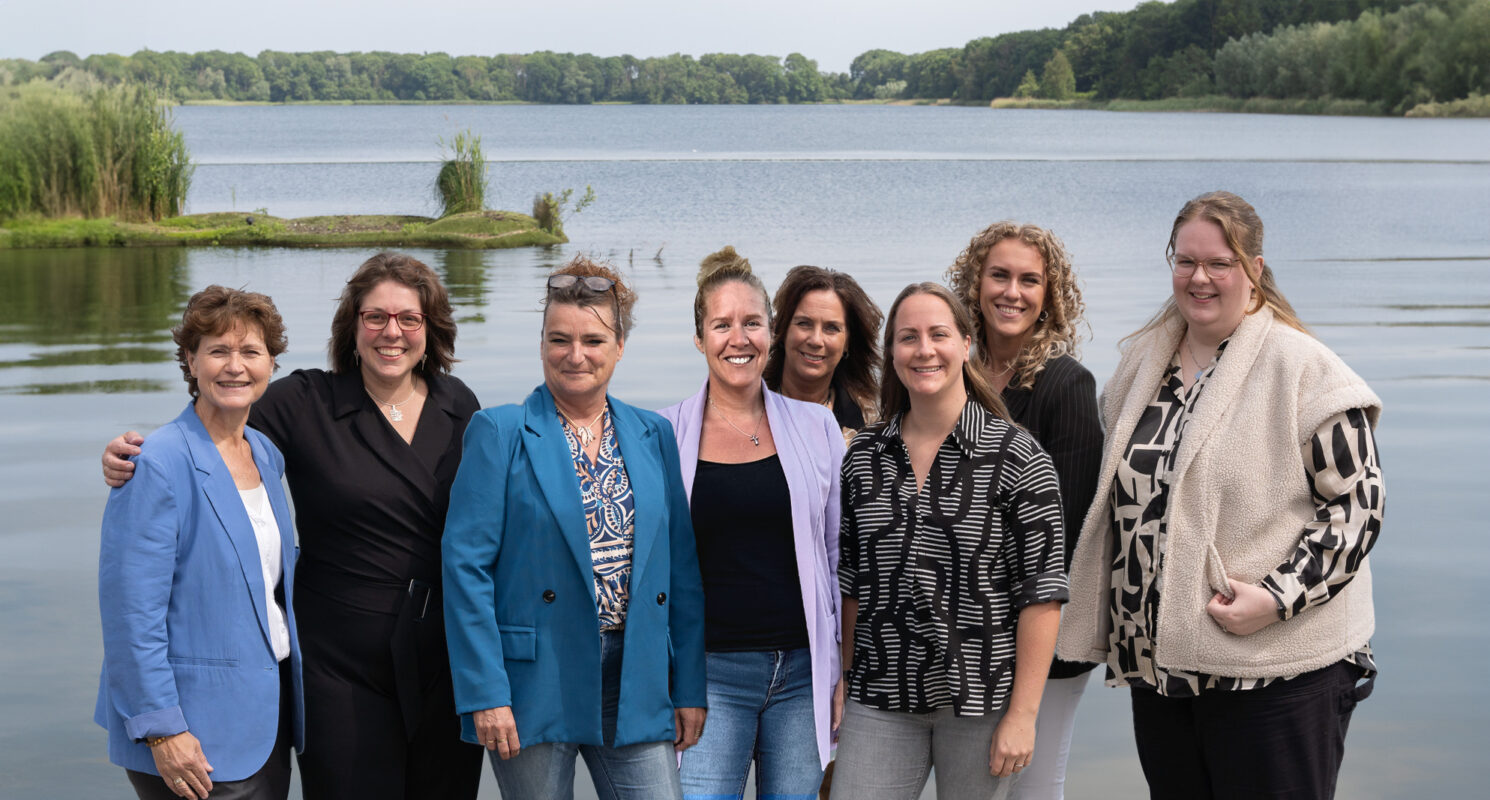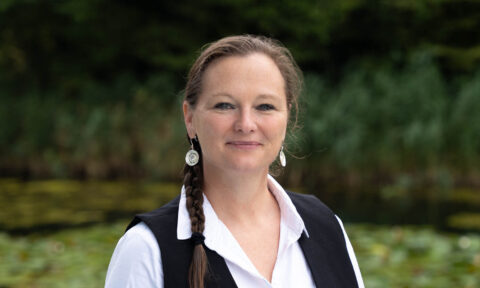You can reach World Water Academy by telephone: +31 030 606 94 00 or e-mail: info@worldwateracademy.nl.
Enforcement of Indirect Pollutant Discharges
Learning targets
As an inspector, you increasingly encounter discharges into the sewer system. These indirect discharges can cause problems. They can damage sewer systems and disrupt the treatment process at wastewater treatment plants (WWTPs). What knowledge and skills are necessary to effectively address these unpermitted or even illegal discharges.
In the course “Enforcement of Indirect Discharges”, you will learn how to inspect companies that engage in indirect discharges. You will learn about the possible permit conditions, the treatment technologies these companies use to pre-treat their wastewater, and the impact of these discharges on the sewer system and wastewater treatment plants (WWTPs). You will also experience how sampling and collaboration with chain partners play a crucial role in enforcement.
The following topics will be covered:
- legislation and regulations on wastewater, competent authorities
- permitting
- enforcement tools: ABM, ZZS Navigator, Proteus (environmental risk analysis)
- wastewater treatment technologies
- sewer systems
- enforcement (sampling, National Enforcement Strategy, collaboration with chain partners, safety datasheets)
After completing this training, you will have the following knowledge and skills:
- up-to-date knowledge regarding indirect discharges
- tools for enforcement
- ability to provide advice for adjustments
Program
Topics:
- legislation and regulations
- permitting
- wastewater treatment technologies
- visit to a wastewater treatment plant (WWTP)
- sewer systems
- enforcement
Participant Contributions
At World Water Academy, it’s all about bridging the gap between knowledge and practice. Therefore, we expect each participant to bring their own work experience to the training. What challenges are you facing?
Target group
The course “Enforcement of Indirect Discharges” is aimed at experienced inspectors with sufficient knowledge of the administrative tools used by environmental services and water boards for supervision.
Feel free to ask us about our products and courses

